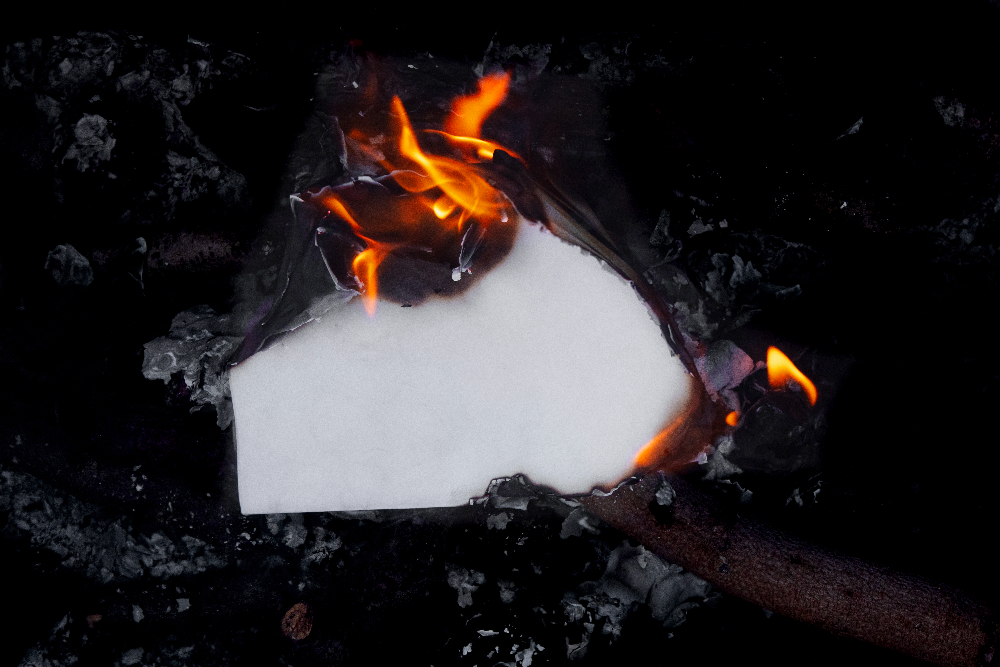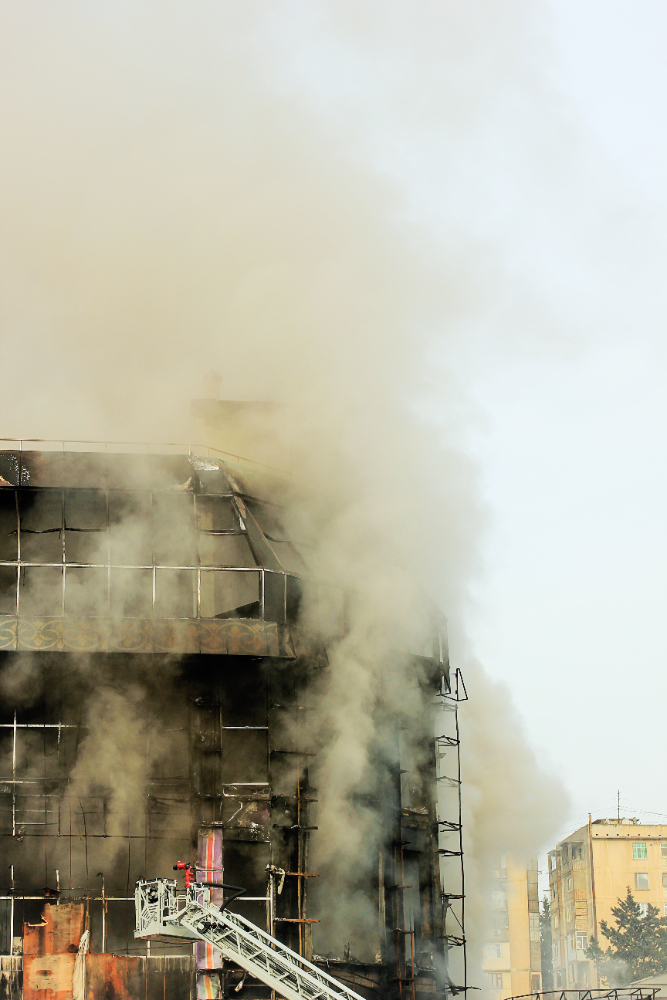
the Fire Damage Claim Process: A Comprehensive Guide
December 29, 2024 3:06 pm Fires are one of the worst things that happen to a home owner. In fact, this can be even worse between a small-scale kitchen fire and a giant fire burning everything down; the remnants left after might leave your house, your business, and your valuables reduced to ashes. Filing fire damage claims becomes the step toward recovery often, though the process remains complex and overwhelming. Being aware of the details within fire damage claims can make the difference in awarding the needed compensation. This article is a comprehensive guide that gives the process of filing the fire damage claim, so tips can be given in order to have a smooth and effective resolution.
What is a Fire Damage Claim?
A fire damage claim is the formal request filed by the policyholder against the insurance company to retrieve financial losses incurred due to fire damage. Such claims usually encompass structural repairs, replacement of personal property, and in some cases, even temporary living expenses if the home is rendered uninhabitable.Steps to File a Fire Damage Claim
1. Prioritizing Safety and Reporting Incident
Before even considering your claim, safety is foremost. After extinguishing the fire, inform your local fire department if they have not already been called upon. Their report will prove to be an official account, which will be handy for your claim.2. Contact Your Insurance Company Immediately
Notify your insurance company as soon as possible. Most policies require notification immediately after an incident in order not to deny claims. When contacting your insurer, you will need to give them basic information, such as the date and extent of the fire. They will advise you on further procedures, such as sending an adjuster to estimate the damage.3. Check Your Insurance Policy
Take time to review your insurance policy. Understand the coverage limits, exclusions, and conditions specific to fire damage. Pay attention to clauses on dwelling coverage, personal property coverage, and additional living expenses (ALE).4. Document the Damage
Proper documentation is vital for a successful claim. Here’s how to do it:- Take Pictures and Record Videos: Take crystal clear photographs and videos of every damaged region, whether furniture, walls, ceilings, appliances, or personal belongings.
- Prepare an Inventory Checklist: List all items that were either damaged or destroyed, providing descriptions of each item along with an approximation of value and receipts where available.
- Record of Expenditure: Save the receipts for any immediate expenditure, such as temporary accommodation or necessary purchases.
5. Prevent Further Damage
Insurance policies usually require policyholders to take reasonable measures to prevent further damage. These may include:1.Covering exposed areas with tarps.
2.Boarding up windows and doors.
3.Drying out water-damaged areas from firefighting efforts.
4.Failure to do so might reduce the amount of compensation.
6. Work with the Insurance Adjuster
Your insurer will assign an adjuster to evaluate the damage. Be present during their visit to provide information and answer questions. Share your documentation, including photos, inventory lists, and receipts. Be honest and thorough in your discussions.7. Understand the Settlement Offer
Once the adjuster makes his assessment, he will be making a settlement offer to the insurance company. Study the offer carefully. If you feel that it is meager, you should negotiate or seek an opinion elsewhere. You could hire a public adjuster or even an attorney who has experience handling fire damage claims to secure a fair settlement.Common Challenges of Fire Damage Claims
Delay in processing
Most insurance companies require lengthy documentation that results in time delays. Maintain a follow-up culture and ensure the provision of requested information without delay.Damage Underestimation
Insurance companies sometimes undervalue your damage. Be sure to crosscheck the evaluation done by the adjuster against your records and hire a professional who can carry out an independent assessment.Denial of Claim
Claims can be declined for a number of reasons, including policy exclusions or failure to report an incident within the time period. If your claim is declined, ask for an explanation and seek a legal professional if needed.Tips for a Successful Fire Damage Claim
- Maintain Complete Records
- Be Honest and Transparent
- Seek Professional Assistance
- Public Adjusters: These professionals represent your interests and help maximize your claim payout.
- Attorneys: Legal experts can offer advice and representation if disputes arise.
Understand Depreciation and Replacement Costs
If they assess the actual cash value (ACV) of items and factor in depreciation in their algorithm for calculating compensation amount, that would be quite okay. The replacement cost value (RCV) coverage in your policy states that you will be entitled to the cost of replacement items according to their current market prices.Preventing Future Fire Damage
No one can predict a fire, but taking preventive measures can reduce risks and minimize potential losses:- Install and maintain smoke detectors.
- Keep fire extinguishers readily accessible.
- Regularly inspect electrical systems and appliances.
- Develop and practice a fire escape plan with your family.
Final Thoughts
Most filing damages caused by fire is intimidating; it leaves someone emotional after a fire occurs. But it helps understand the process followed in making a claim and the steps followed in documenting losses and seeking professional assistance so that it increases one chance of success. Remember that the insurance policy is there to pay you back, don’t think twice about demanding what you deserve. When it all has burned away, one requires time and patience to build and recreate everything that was lost.for more information visit here:
HomeTags: fire damage claim
Categorised in: Claims FAQs, Commercial, Fire Damage, Individual Service, Insurance, Public Adjuster, public adjuster near me, Residential, Services Overview, Storm Damage, Underpaid Claims
This post was written by Trishala Tiwari

Comments are closed here.